Directory
- Share
Madeline Huberth
- Alumni
- United States
- 2012 MPhil Music Studies
- Darwin College
Madeline Huberth
- Alumni
- United States
- 2012 MPhil Music Studies
- Darwin College
I grew up in Monroe, New York. My research was in music performance and perception, and I recently wrapped up my PhD at the Center for Computer Research in Music and Acoustics (CCRMA) at Stanford, and am at YouTube/Google as a Quantitative UX Researcher in the Bay Area
Adaiah Hudgins-Lopez
- Scholar
- United States
- 2021 MPhil Social Anthropology
2022 PhD Social Anthropology - Trinity College

Adaiah Hudgins-Lopez
- Scholar
- United States
- 2021 MPhil Social Anthropology
2022 PhD Social Anthropology - Trinity College
I am from Detroit, Michigan and spent my teenage years in Pittsburgh, Pennsylvania. During my studies in Anthropology and English at Bowdoin College, I explored how humans express differences in their lived experiences to each other. I was a recipient of the Mellon Mays Undergraduate Fellowship, through which I studied how storytelling can facilitate communication across differences in the context of school district community engagement. My professional experiences after Bowdoin solidified and honed my commitment to serving people while introducing me to the intersections of law, community engagement, and the American immigration system. In my MPhil research, I studied the unique immigration legal services provided to undocumented Latinos in the Detroit (USA) and Windsor (Canada) transborder area by virtue of their proximity to each other. My PhD in Social Anthropology explores Latine community building, citizenship practices, and hopes & futures as analytics to better understand post-industrial, aspirational Detroit as an urban borderland. By rooting my research in studies of immigration law, social service provision, and formations of collective identity in urban space, I hope to elevate marginalised voices and promote the autonomy of this complex, vibrant community. I am honoured to be a part of the Gates Cambridge community, where we all strive to learn how to serve people better.
Previous Education
University of Cambridge Social Anthropology 2022
Bowdoin College Anthropology, English 2018
Gregory Hughes
- Alumni
- United States
- 2004 PhD Computer Science
- St Edmund's College

Gregory Hughes
- Alumni
- United States
- 2004 PhD Computer Science
- St Edmund's College
Laura Hughes
- Alumni
- United States
- 2006 MPhil Chemistry
- Churchill College
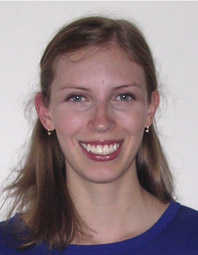
Laura Hughes
- Alumni
- United States
- 2006 MPhil Chemistry
- Churchill College
At Cambridge, I will be studying the use of computer modeling to predict the properties of molecules, especially drugs. I will then use this experience when I return to the United States to pursue a PhD in Chemistry at Stanford University. My research interests focus on the application of nanotechnology and molecular informatics to problems in biochemistry and medicine.
Ruoyun Hui
- Alumni
- China
- 2015 PhD Genetics
- Peterhouse
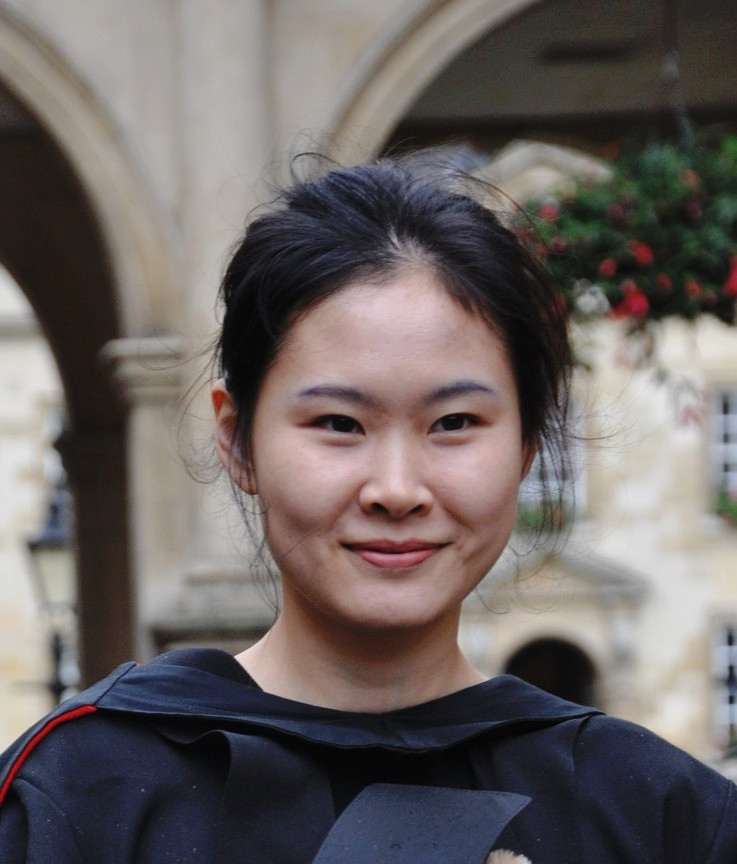
Ruoyun Hui
- Alumni
- China
- 2015 PhD Genetics
- Peterhouse
I was born and raised in the small city of Puyang in central China. I believe that an understanding of the past is essential to interpret what we observe today; as a student of biology, the idea naturally transforms into a fascination with evolutionary history. I am going to pursue a PhD in Genetics under the supervision of Dr. Aylwyn Scally to study the evolution of great apes and other primates. We aim to use whole-genome sequence data to reconstruct demographic and phylogenetic histories. Not only interesting on its own, such knowledge also sets the background for detecting signatures of natural selection in the genome, thus shedding light on human evolution. The methods we develop might be applied to analyze other study systems, addressing various questions in epidemiology, agriculture, cancer progression and so on.Beyond my own research, I also wish to be connected to more people's lives, and to help them realize their courage within. I am constantly seeking ways to integrate my scientific enthusiasm with social responsibility. Hopefully I can explore further along this path with the prestigious community at Gates Cambridge.Interests: hiking, museums of history, science fiction, traditional markets, rural education, peer counseling, people watching.
Previous Education
Chinese Univ Of Hong Kong
Ludwig-Maximilians-Universitat Munchen
Timothy Humpton
- Alumni
- United States
- 2010 PhD Oncology
- Corpus Christi College
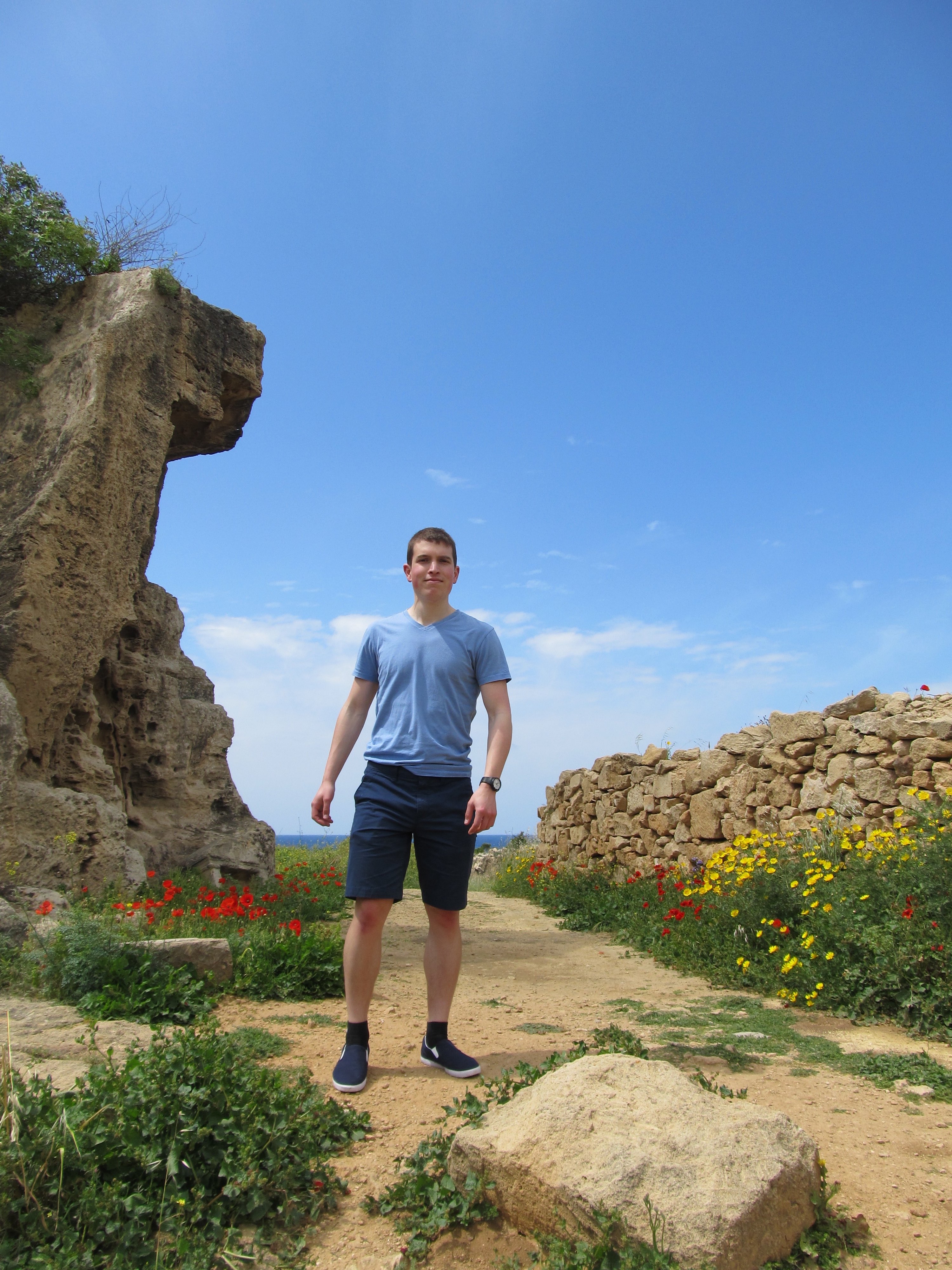
Timothy Humpton
- Alumni
- United States
- 2010 PhD Oncology
- Corpus Christi College
I am a Reader and Research Group Leader within the Department of Biological and Biomedical Sciences at Glasgow Caledonian University in Glasgow, UK. My research interests centre on elucidating protective functions of the p53 tumour suppressor protein in the liver. I am particularly interested in uncovering non-tumour functions for p53 during, for example, liver regeneration, in the response to overfeeding, and in the progression from fatty liver (NAFLD) to NASH and liver cancer (HCC). My work is supported by grant funding from Tenouvs Scotland (2022-2023), the Academy of Medical Sciences (AMS) Springboard scheme (2023-2025), and the UK Medical Research Council through a New Investigator Research Grant (2024-2027).
Previous Education
Massachusetts Institute of Technology Biology 2010
Ling-Yan Hung
- Alumni
- Hong Kong
- 2005 PhD Theoretical Physics
- Peterhouse
Ling-Yan Hung
- Alumni
- Hong Kong
- 2005 PhD Theoretical Physics
- Peterhouse
I am a Theoretical Physics student. I have always aspired to understand the most fundamental laws governing Nature and so I am now working on String Theory. May I express my gratitude to the Gates Trust for granting me this invaluable opportunity to realize my childhood dream.
Anita Hunt
- Alumni
- United States
- 2020 MPhil Technology Policy
- Pembroke College
Anita Hunt
- Alumni
- United States
- 2020 MPhil Technology Policy
- Pembroke College
I am one generation removed from illiteracy, violence against girls, and preventable disease - all prevalent conditions in my family's home country of Sierra Leone. My background moved me to pursue my BA in Justice and Peace Studies at Georgetown University. My BA concentration on Gender and Violence later led me to the anti-child sexual exploitation space at Google, where I worked on Child Safety Operations. During my time as a member of this dedicated team, I gained practical knowledge about the challenges that tech giants face at the intersection of their emerging technology and its impacts on society. At this unique intersection of human rights law and technology policy, there are engineers, legal professionals, and policymakers making strides in the fight against platform concerns like child exploitation and violent extremism. However, communication, technical proficiency, and prioritization barriers slow our progress towards a unified front against these crimes. At Cambridge, I gained the necessary regulatory and policy acumen to influence emerging tech leaders to adopt and contribute to industry standards, so that we as a sector are prepared for evolutions ahead. I am grateful to join the Gates-Cambridge alumni community and to continue learning from peers who share a commitment to improving lives as we push towards our technology-filled future.
Previous Education
Georgetown University Gender and Violence 2017
Links
Zimu Huo
- Alumni
- China
- 2023 MPhil Med Sci (Radiology)
- Darwin College
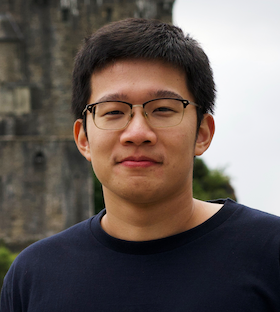
Zimu Huo
- Alumni
- China
- 2023 MPhil Med Sci (Radiology)
- Darwin College
Growing up in a developing country has exposed me to the unfortunate reality of healthcare disparity and inequality. It's disheartening to witness that many modern healthcare technologies are inaccessible to the majority of people in China. However, this experience has inspired me to pursue a career in medical imaging, with a particular focus on developing advanced imaging techniques that can benefit people from all backgrounds. During my Meng degree at Imperial College London, I delved into the intricacies of Diffusion Tensor Cardiovascular Magnetic Resonance Imaging (MRI) and Quantitative Musculoskeletal MRI. Thanks to the generous support of the Gates Cambridge Trust, I'm thrilled to continue my academic journey at Cambridge, where I will be focusing on Zero Echo Time Cardiac MRI. This technology has the potential to revolutionize our understanding of cardiovascular calcification formation and significantly improve our ability to diagnose and manage this medical condition. Email: zimuhuo@outlook.com
Previous Education
Imperial College London (University of London) Biomedical Engineering 2023
Links
Brooke Elena Husic
- Alumni
- United States
- 2014 MPhil Chemistry
- Churchill College

Brooke Elena Husic
- Alumni
- United States
- 2014 MPhil Chemistry
- Churchill College
I grew up in Glastonbury, Connecticut and graduated from Washington University in St. Louis in 2013 where I studied chemistry, mathematics, and German as well as published in theoretical phonology. After earning my MPhil in 2015 with support from Gates Cambridge, I moved to Stanford where I completed my doctorate in Chemistry in 2019. I'm now working as a postdoctoral fellow in Berlin where I'm continuing my computational chemistry and machine learning work on molecular kinetics.
Previous Education
Washington University in St. Louis A.B. Chemistry, Mathematics, German 2013
Matthew Hutchinson
- Alumni
- United States
- 2002 PhD Chemical Engineering
- Wolfson College

Matthew Hutchinson
- Alumni
- United States
- 2002 PhD Chemical Engineering
- Wolfson College
Alexander Hutterer
- Alumni
- Austria
- 2020 PhD Philosophy
- Corpus Christi College
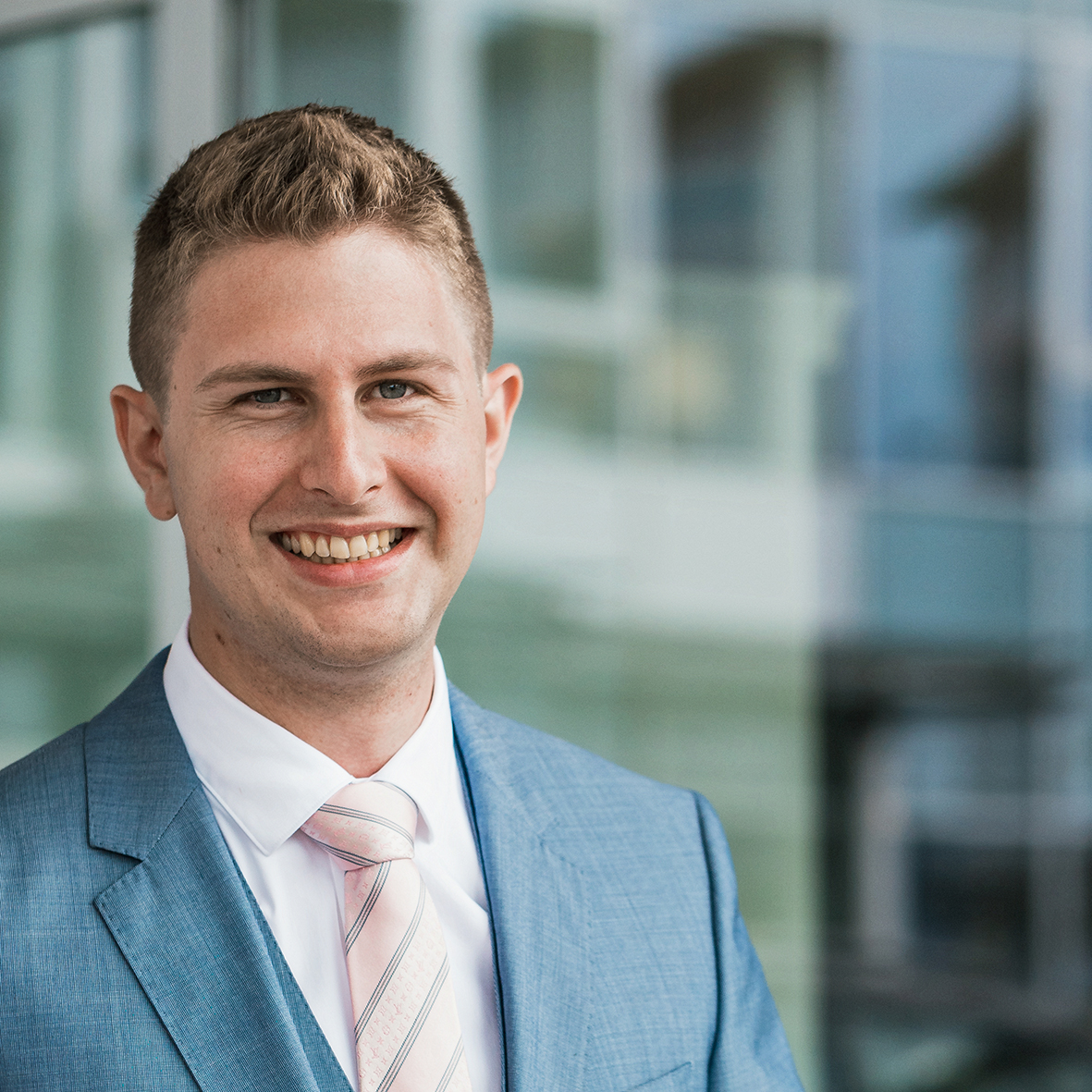
Alexander Hutterer
- Alumni
- Austria
- 2020 PhD Philosophy
- Corpus Christi College
I aim to analyse the Enlightenment philosopher Kant’s concept of “cognition” (“Erkenntnis”). For Kant, “cognition” has a central programmatic role: Kant’s overall aim is to delineate the extent to which we humans can “cognise” the world. Until recently, it was widely assumed that “cognition” is simply a form of “knowledge.” Yet, recent research shows that Kant’s notion of “cognition” does not quite fit any available account of “knowledge.” Hence, to understand Kant’s so-called “transcendental idealism,” a new interpretation of his concept of “cognition” is needed. I intend to fill this gap. The results will be valuable not only for historians of philosophy but also for society at large. Through analysing fundamental epistemic notions, we can better understand our epistemic practices and their value. For instance, the prevalence of “fake news” in social media demonstrates the need for a deep understanding of the respective values of truth, authenticity, and reliability. Before taking up this project, I read Philosophy, Politics, and Economics at King’s College London and later completed the MPhil in Philosophy at Cambridge. I am deeply honoured and humbled to be a part of the Gates Cambridge community.
Previous Education
King's College London (University of London) Philosophy, Politics & Econom. 2018
Links
https://alexanderhutterer.com
https://www.linkedin.com/in/amhutterer
Yue-Yi Hwa
- Alumni
- Malaysia
- 2016 PhD Education
- St Catharine's College
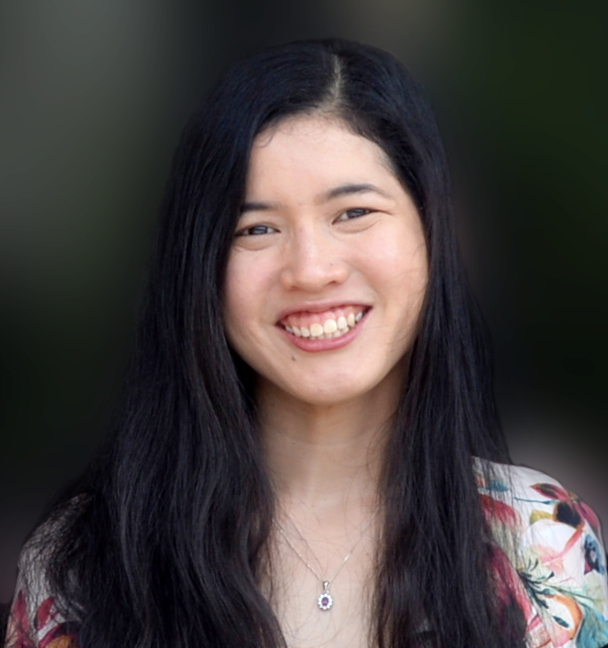
Yue-Yi Hwa
- Alumni
- Malaysia
- 2016 PhD Education
- St Catharine's College
I grew up surrounded by secondhand books in a variety of small Malaysian towns. During secondary school, I got a scholarship to study in Singapore; which led to a BA in political economy in the U.S. and an MPhil in comparative government in the U.K. After that, I taught English in a high-need secondary school through Teach For Malaysia, seeking classroom experience and a re-immersion in my home country. Besides student epiphanies and classroom silliness, one of the greatest gains from those two years was the realisation that teachers' relationships with their managers are pivotal to their classroom practice, and that such relationships are strained in most Malaysian schools. Hence my PhD project: a comparative study on how to keep teachers accountable without triggering the blame games that damage student outcomes. Through this research, I hope to acquire expertise in education policy. I want to help young Malaysians acquire greater mobility, alongside the wisdom to use that mobility well.
Previous Education
Williams College
University of Oxford
Links
Stephanie Hyland
- Alumni
- Ireland
- 2012 MASt Applied Mathematics
- St John's College
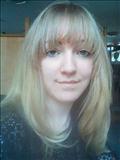
Stephanie Hyland
- Alumni
- Ireland
- 2012 MASt Applied Mathematics
- St John's College
Previous Education
University of Dublin Trinity College
Anthony Hylick
- Alumni
- United States
- 2005 PhD Computer Science
- Churchill College

Anthony Hylick
- Alumni
- United States
- 2005 PhD Computer Science
- Churchill College
I am from Warner Robins, GA, and I completed my undergraduate curriculum (BS Computer Engineering 2005) at the Georgia Institute of Technology in Atlanta, GA. My current research interests include operating systems research, power-performance management, and computer hardware and architectures. I love baseball, football (American), basketball, being outdoors and relaxing. My future plans are to complete my PhD and become a Research Scientist in the field of Systems-type power management research.
Carol Nkechi Ibe
- Alumni
- United States
- 2015 PhD Plant Sciences
- Newnham College
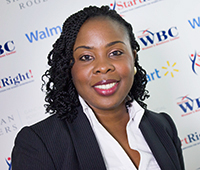
Carol Nkechi Ibe
- Alumni
- United States
- 2015 PhD Plant Sciences
- Newnham College
I was born in the United States but grew up in Nigeria, where I completed a BS in microbiology. In pursuit of a better education and career, I returned to the US and did a master’s in molecular biology and biochemistry with a specialization in biotechnology from the Georgetown University, and subsequently, a master’s in clinical embryology from the University of Oxford. During my studies at Georgetown, I became inspired to start JR Biotek, a life science education company that provides quality biotechnology and life science education, training and laboratory capacity building programs to students, educators and scientists in Africa. My vision is to help build a powerful workforce that can advance scientific research and innovation in Africa, especially within the field of agriculture. I am also very passionate about developing more effective and practical solutions to food insecurity in sub-Saharan Africa, and this influenced my decision to study plant science. My PhD research will aim to determine the commonalities and differences during intracellular rice root colonization by both beneficial and detrimental fungi, and how these associations may be enhanced for practical agricultural applications. Rice is a major staple food in many African countries; therefore, developing rice cultivars with better adaptations to low-input rice agroecosystems is crucial for achieving food security in the continent. This is the ultimate goal of my PhD. I am deeply honored to receive the Gates Cambridge scholarship, a life changing award that would allow me to improve the lives and careers of many in Africa.
Previous Education
University of Oxford
Georgetown University
Chiedozie Ibekwe
- Alumni
- Nigeria
- 2015 MPhil Public Policy
- Sidney Sussex College
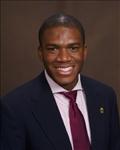
Chiedozie Ibekwe
- Alumni
- Nigeria
- 2015 MPhil Public Policy
- Sidney Sussex College
Previous Education
University of Mississippi
Pennsylvania State University
Emmanuel Iduma
- Scholar
- Nigeria
- 2024 PhD Digital Humanities
- Clare Hall

Emmanuel Iduma
- Scholar
- Nigeria
- 2024 PhD Digital Humanities
- Clare Hall
After qualifying as a lawyer in Nigeria, I studied art criticism and writing at the School of Visual Arts in New York. During my MFA program, I was immersed in forms of critical and creative writing at the intersection of art and the media environment. In the past fifteen years, I have developed a diverse body of work that spans criticism, memoir, photography and fiction, including three books and a digital platform for African photography, as well as varied editorial and curatorial projects. In my writing and research, I have given the most attention to the meanings and impacts of photographs, whether they are found in archives, newspapers, or produced in the context of contemporary art. For my PhD in Digital Humanities, I will use computer vision methods to critique the dissemination of photographs during the Nigerian civil war and the ongoing Boko Haram conflict, conducting research on how those photographs have shaped global perceptions about Nigeria, and the African continent in a wider sense. As I accept the privilege to study in Cambridge as a Gates scholar, I hope, in addition, to develop a curatorial and ethical framework for the circulation of conflict photographs in an age of misinformation and AI-generated imagery.
Previous Education
School of Visual Arts Art Criticism and Writing 2015
Obafemi Awolowo University Law 2010








